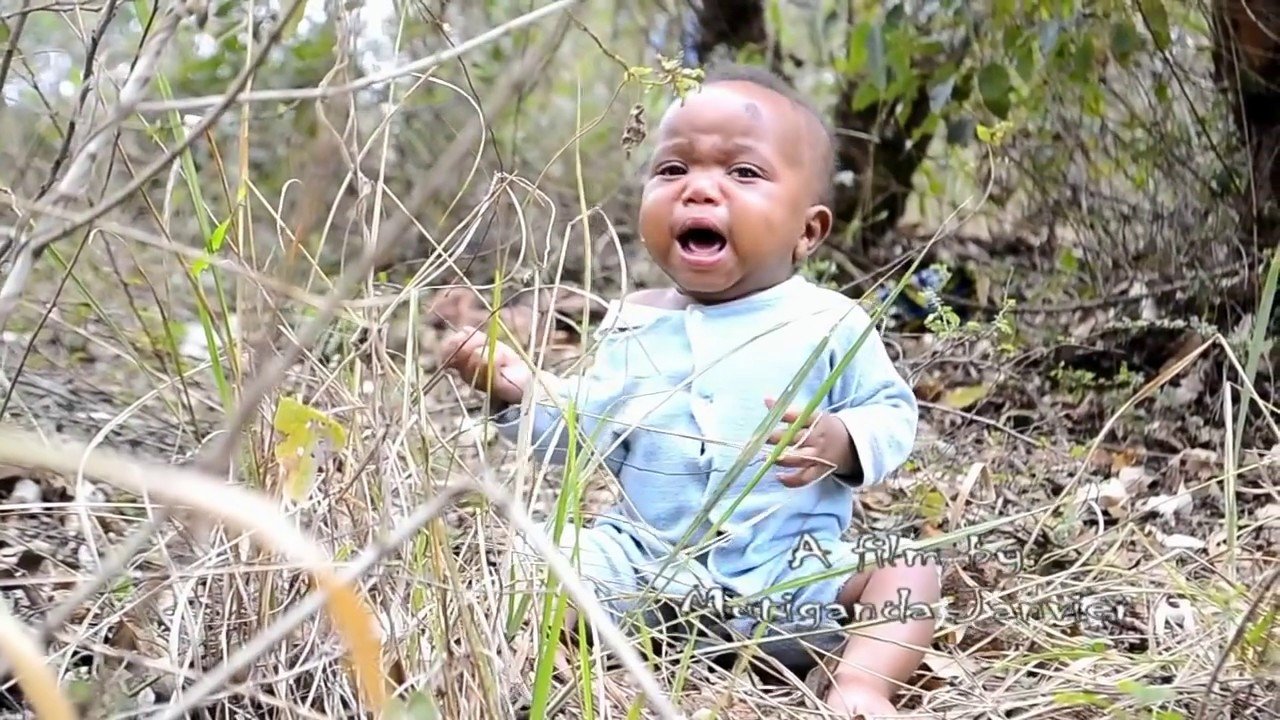
The idea of being abandoned, in just about any context, is awful. And interestingly enough, it ends up being a fairly common topic of conversation in my office. Let’s take a closer look: When therapists speak of “abandonment issues”, they’re generally talking about childhood. Real or perceived abandonments by one’s parents can have lasting effects. As Italian athlete Mario Balotelli put it, “They say that abandonment is a wound that never heals. I say only that an abandoned child never forgets.”
From the vantage point of a child, that’s quite possibly true. But children are not adults. When you’re a child, you truly are helpless – and you don’t understand much. But as an adult, you’re capable of self-reliance and independence. Even if you feel that you’re not, you still are. Maybe you never got past that childhood feeling of helplessness and dependence. But it’s a curable problem. And you can always start working on it as soon as you truly want to.
It saddens me when I hear therapists tell their clients they must relive their abandonment issues – over and over again. Why must they relive them? Can’t they just acknowledge them and move on? Why does one have to relive all that angst and sadness for no other reason than to go through them again? Reliving the past might be a good deal for the therapist, but how is it supposed to be a good deal for the person enduring it?
To an adult, abandonment can mean many things. It could mean that somebody no longer loves you. Ouch! Or sometimes people leave you against their will, as in death. Truly terrible. No matter what the circumstances, loss is a terrible thing. When you love someone as an adult, you love them because they are special to you. When the impact of the loss hits, it’s devastating and can last for a while. It’s like a hole blown in your life. That’s the emotional form the sense of abandonment takes.
On some level you might always feel the loss. But the fact remains: you’re still an adult. You’re able to make rational distinctions no child could ever be expected to grasp. When you’re four, six or ten, you can’t be expected not to take it personally if your father or mother walks out on the family, or exits your life for reasons you do not understand. But as an adult, you have choices because of your adult ability to act as a self-reflective, self-responsible entity. You’re able to think, chart new courses, reinvent yourself and do all kinds of things no child could do. Therein lies the hope, which is always standing side-by-side with abandonment and loss.
When a loss or abandonment in adulthood reminds you, even subconsciously, of similar pain you experienced in childhood, it’s a good thing to know — and it’s worth noting. But you don’t have to relive experiences from age three or twelve in order to get through your experiences at age twenty-five, fifty or seventy-eight. We all have different perspectives at different points in life, and it’s important to apply those perspectives to what you know, and to what you’re experiencing in the present. Those who fail to learn the lessons of history are doomed to repeat them, but living in the past does not teach you anything.
Life must be lived in the here and now, not in the past. The past is indeed part of who we are. But it’s what we do in the present that determines whether we can live happy and psychologically healthy lives.
Follow Dr. Hurd on Facebook. Search under “Michael Hurd” (Rehoboth Beach DE). Get up-to-the-minute postings, recommended articles and links, and engage in back-and-forth discussion with Dr. Hurd on topics of interest. Also follow Dr. Hurd on Twitter at @MichaelJHurd1, and see drmichaelhurd on Instagram.
